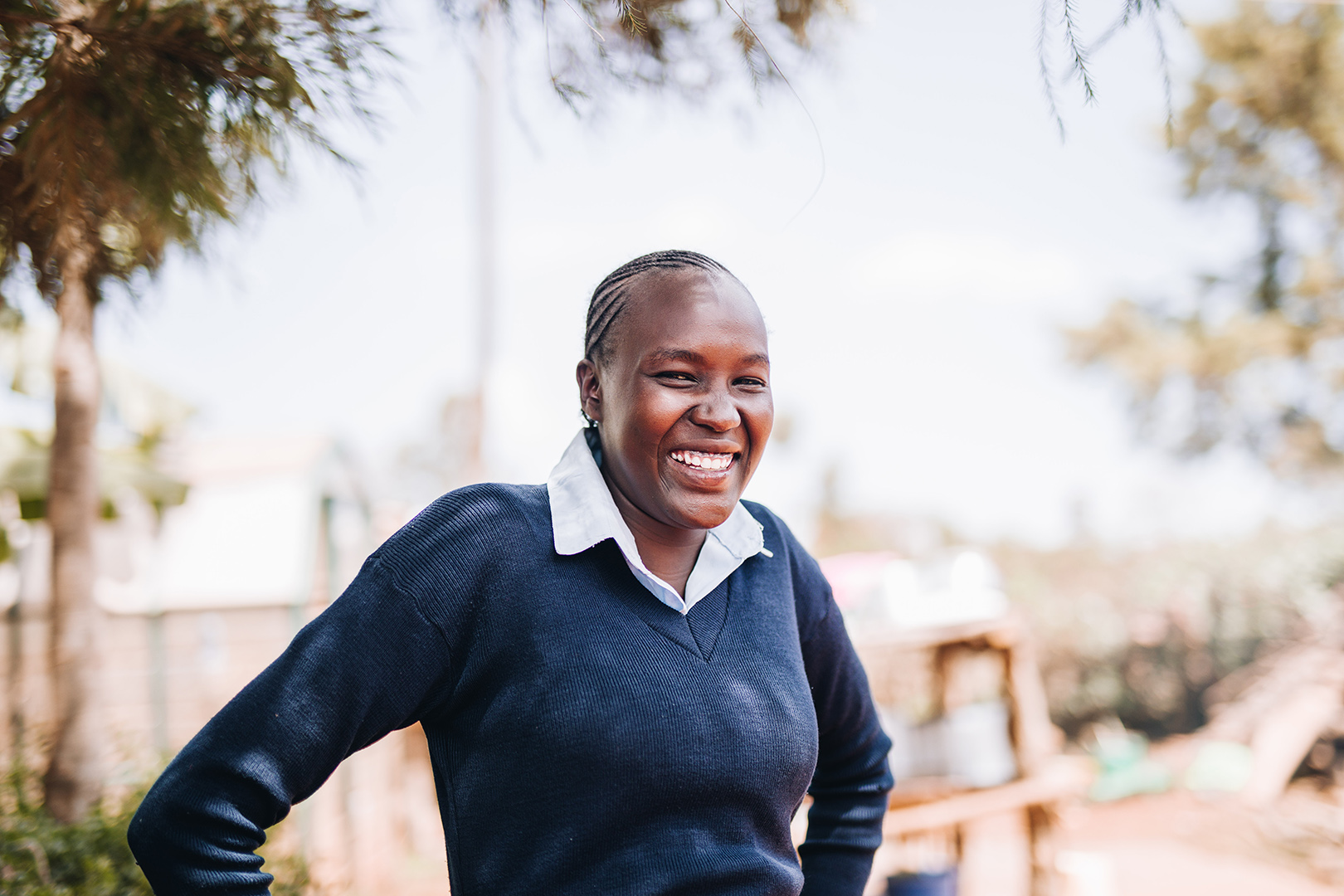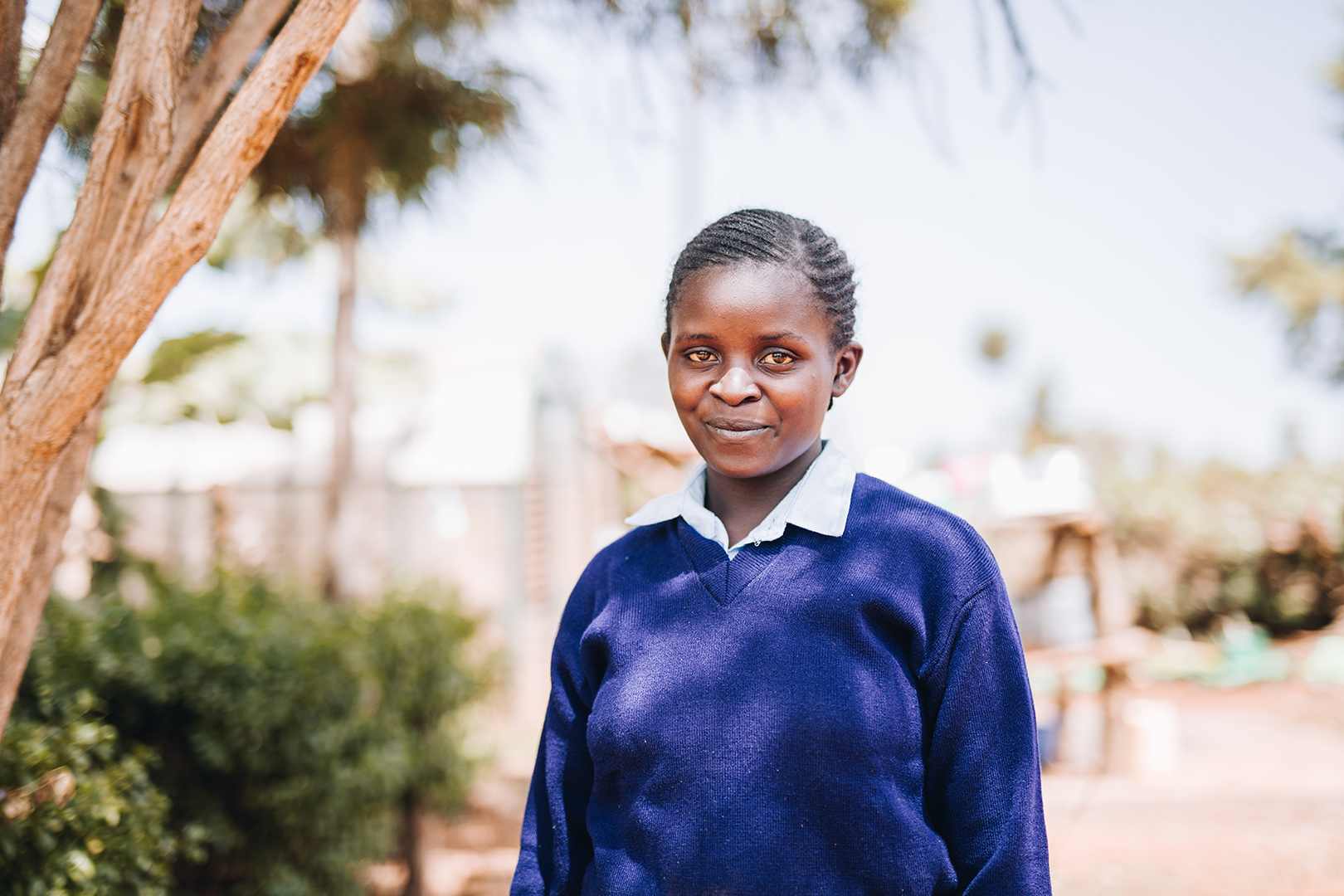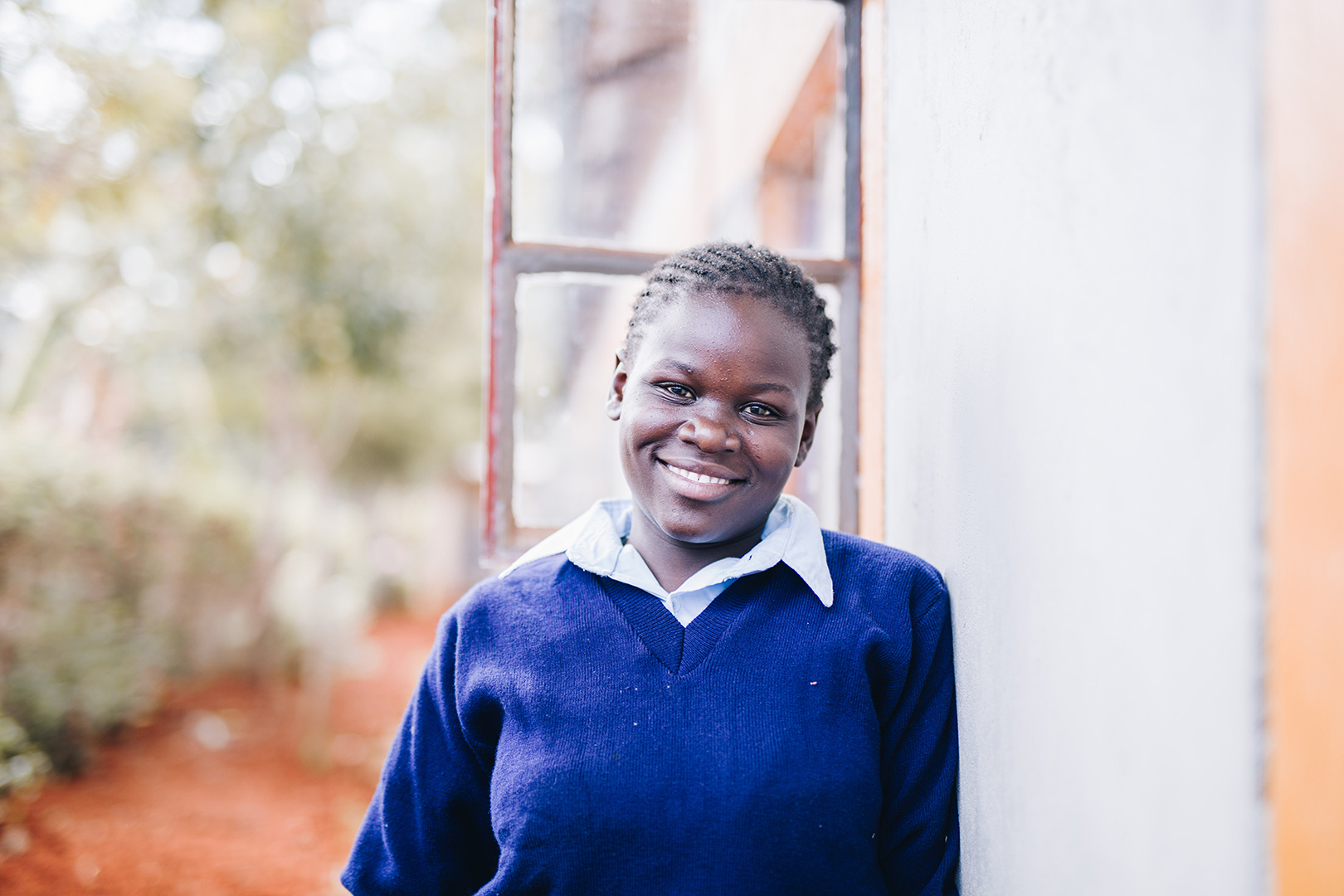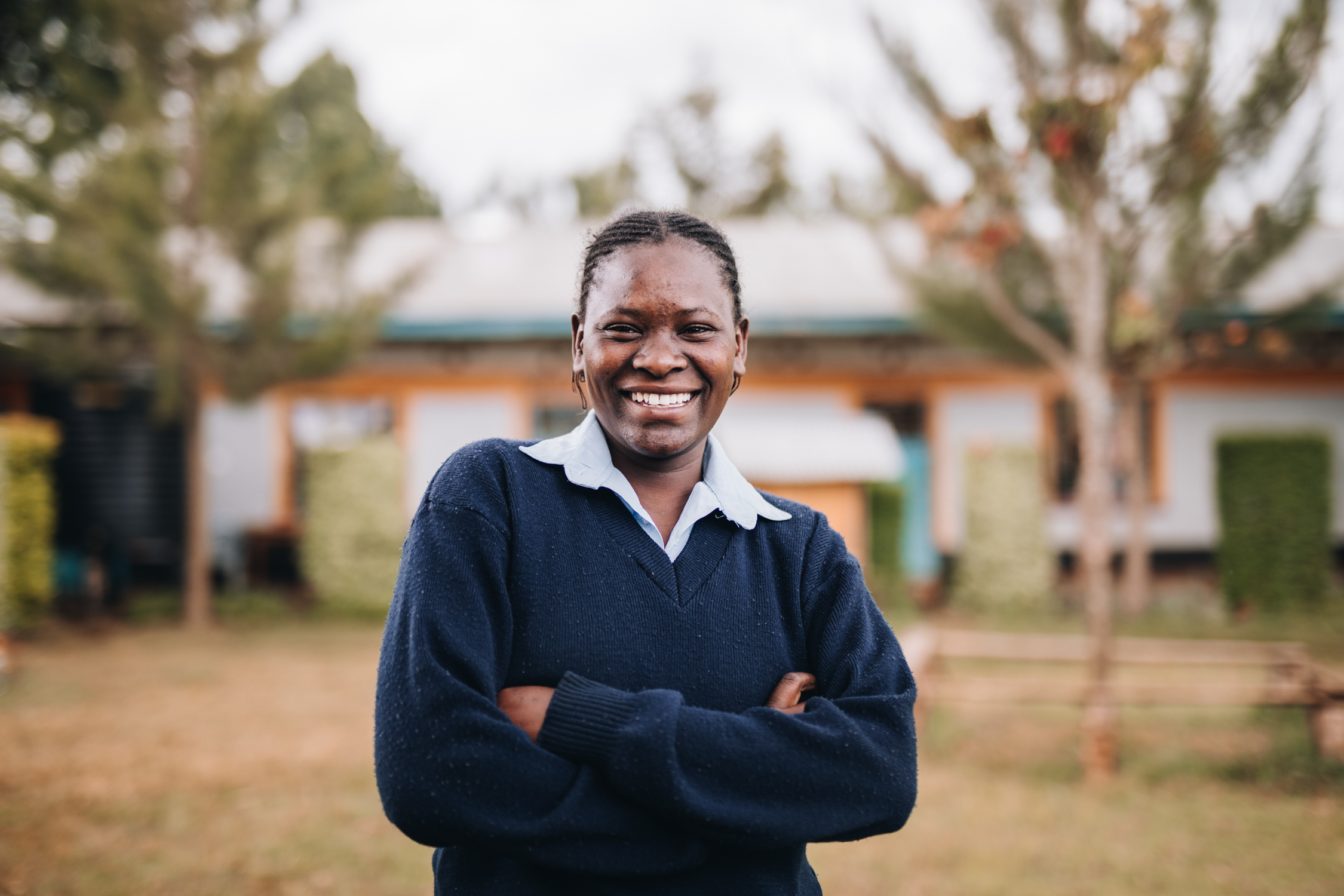Friendship Is Not Option
Friendship is not one of those optional things in life. If you choose not to prioritize, you’ll suffer for it.
Our counselor Linder recently focused on friendship in group counseling with the girls. About the importance of having a friend, Linder explained how it would “Enable them to have somebody they can share with, care for, and look after. Having a close friend would help the girls become emotionally and socially strong, and it would bring cohesion among them. I wanted them to start talking more about their feelings and mood as an initial step towards healing.”
During the session, the girls focused together on identifying important qualities in a friend, managing conflict, and developing plans to improve friendships. Linder also shared how the basic component of any relationship, even marriage, is founded in friendship.
The response after the class was exciting because almost all the girls wanted to seek counsel. They began opening up and over the next few months, naturally started sharing more and more from the heart about what real-life, boots-on-the-ground, and skin-in-the-game friendship feels like:
“I have three new friends and they help me a lot; they advise me when I am stressed and they talk to me,” Anne shares. She’s finishing her second year with Neema.
“Mercy A is feeling comfortable and has new friends who cheer her up,” the staff shared in her behavioral report. It’s always encouraging to see this in a first-year student.
“I appreciate I have found good friends who are encouraging me every day and am feeling am not alone anymore,” Purity says.
While our students are learning what it feels like to have close friends, they’re also discovering what it means to BE a friend and how much they want this. When one of our girls recently had to go to the hospital, her friend Mercy N recalled, “I was with her the whole time while she was admitted, just giving her words of encouragement and I am so grateful to God for being with her. I will continue to pray for her and also I assured her that I will be with her—I won’t leave her alone.” Mercy is finishing her second year with Neema and having come out of a background including abuse, extreme poverty, and the recent loss of her father, she has remarkably learned to give. Despite all that has been taken from her, she has embraced the life of a servant.






